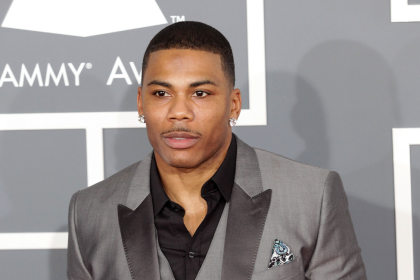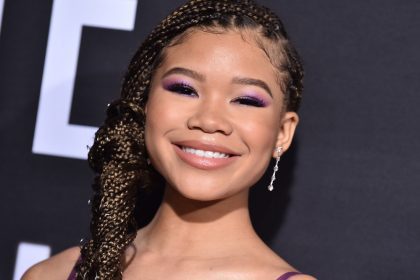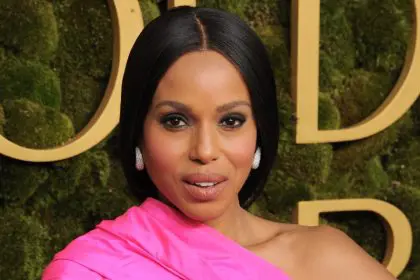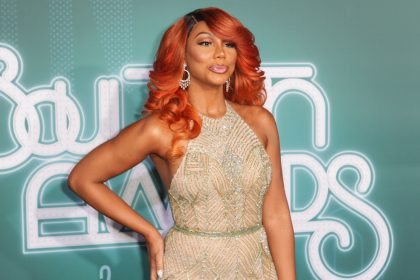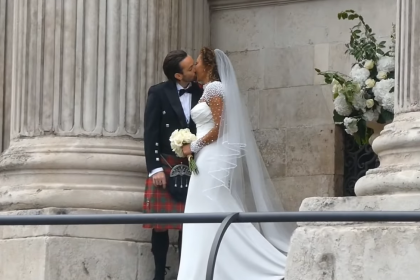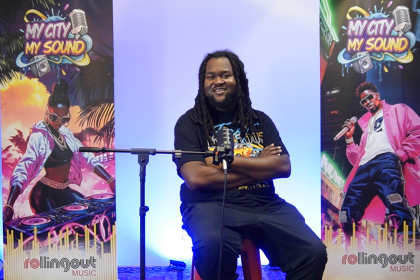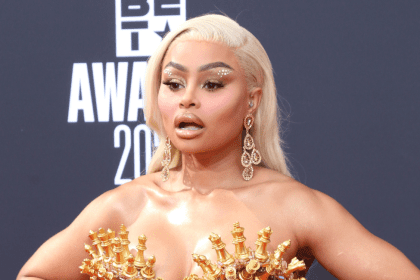
Another day, another half-baked critique of popular black TV shows.
The success of ABCs “Scandal,” and other shows like Tyler Perry’s “The Haves and Have Nots” and BETs “Being Mary Jane,” has brought an intense amount of scrutiny to shows that feature black actresses as leads. Cries of “negative portrayal” have become louder and louder, due to the fact that many of the female characters on these shows are involved in extramarital affairs.
My goodness. How terrible.
The criticism usually targets one or both of the following parties: the “evil, white Hollywood machine” that seeks to tear down the nobility of the strong, black woman by only casting her in these hussy-fied roles; and the “poor, misguided black women” who flock to these shows blissfully ignorant of the fact that this programming is openly mocking them — and brainwashing them into thinking this is who they are.
Both arguments ignore the specifics of these particular shows and their audience. And both arguments reveal a spirit of condescension that suggests that black women who watch these shows somehow aren’t intelligent enough to think for themselves and grasp what they are watching.
As I pointed out in my earlier piece on this subject, (‘Scandal’ hate: how black history can stifle black art and entertainment), these arguments fall flat for a number of reasons. First, all of the aforementioned shows are created and written by black people. People like Shonda Rhimes and Tyler Perry are telling the stories that they want to tell, but it appears that these critics believe that the only black stories worth telling are the ones of the pristine and idyllic variety. No complexity or character flaws seem to be allowed, in their minds.
What’s truly troubling about the pervading criticism of these shows is how much of it seems to come from men — and how many of those men don’t even seem to be all that familiar with the shows beyond a surface synopsis. Where were all of these naysayers when critics were raving about “The Wire,” a brilliant show that featured a bevy of African American drug dealers and murderers? Were they less worried about it because it doesn’t have “Scandal’s” devoted fanbase? Also, how many of these critics supported shows like the Jada Pinkett Smith vehicle “HawthoRNe?” What about Regina King on “Southland?” Did they watch Taraji P. Henson on “Person of Interest?” Do they watch Tia Mowry on the family-friendly “Instant Mom?” Probably not.
The condescending attitude in lecturing black women about the shows they enjoy is reflective of a certain patriarchal view that even the most “conscious” brothers seem to embrace. Black women are more than capable of watching a television show, enjoying it, and going back to their lives. There is no mass movement amongst black women to embrace “side chick” status just because “Olivia Pope does it.” They’re just entertained by a character–not looking for a role model. Stop treating adult black women — and black people — like an entire race of impressionable children.
And stop overanalyzing these shows. We grew up with mothers and sisters and aunts who all loved watching daytime soap operas like “One Life to Live” and “Days of Our Lives”; as well as nighttime melodramas like “Dynasty” and “Dallas.” So black people can watch these shows for decades and enjoy them, but as soon as we get our own, there’s a problem? Scandalous behavior has fueled literature and entertainment as far back as the Bible and up through Shakespeare. There is no reason why black audiences can’t watch their own stories in the same vein. Black women aren’t solely represented by an Olivia Pope, no matter how much these critics seem to want you to believe that primetime TV is the only place where black women are seen. Oprah is an icon. Beyonce is an icon. The First Lady of the United States is a black woman. These real-life achievers are just as visible to the public as an Olivia Pope–really, they are more visible. We can’t put these things in a vacuum.
To be certain, black people can’t be reckless with the images of ourselves we put onscreen. But we also can’t be stifled by the perceptions of bigots. This is not about “White people do it, so it must be OK,” this is about not putting ourselves in a box. Allowing black filmmakers and screenwriters and actors to flourish and embrace challenging roles and flawed characters. We can tell messy, complex stories, too. We have that right.
And stop treating black women like they’re children.

